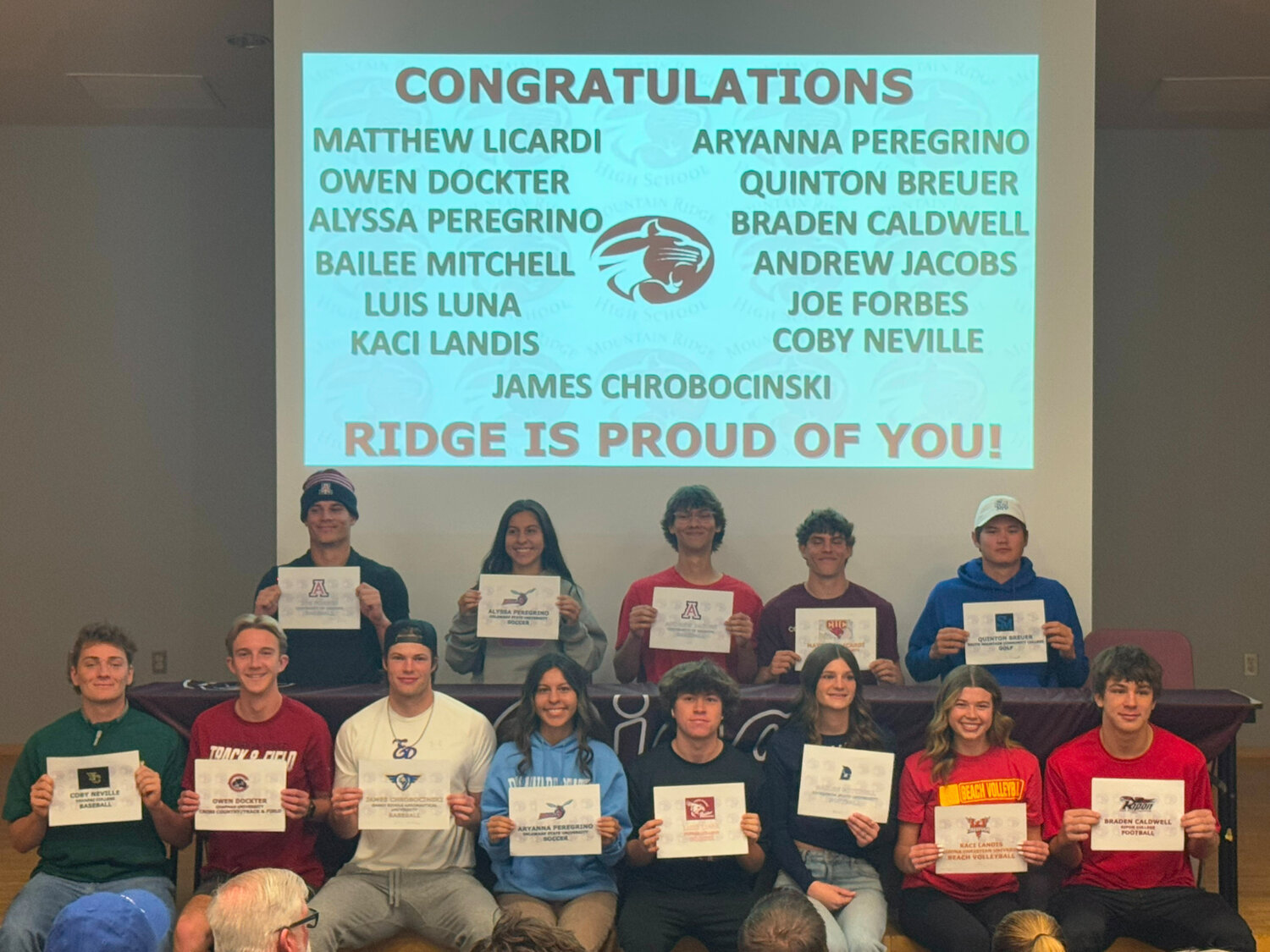The journey from high school athletics to collegiate sports represents one of the most exciting yet challenging transitions in a young athlete’s life. For the Class of 2025, this pivotal moment is approaching rapidly, requiring strategic preparation both on and off the field. Securing a spot on a college roster demands more than just athletic talent—it requires academic dedication, strategic planning, and a support network that can guide athletes through the complex recruitment landscape. This guide offers assistance for Class of 2025 athletes seeking to maximize their potential and successfully navigate the path to collegiate athletics.
Navigating the Recruitment Process: Strategies for Class of 2025 athletes to stand out to college recruiters, including building relationships with coaches, creating engaging highlight reels, and leveraging social media presence.

- Liberty football players as prime examples of sport-specific athlete development and successful recruitment. Source: yourvalley.net
Today’s recruitment landscape demands a proactive approach from aspiring collegiate athletes. Standing out begins with direct communication—Class of 2025 athletes should initiate contact with college coaches through personalized emails that highlight academic achievements alongside athletic accomplishments. This demonstrates both initiative and a well-rounded character. The communication should include links to carefully curated highlight reels that showcase game intelligence, technical skills, and athletic potential in competitive situations. Remember that coaches often review hundreds of videos, so keeping highlights concise (3-5 minutes) while featuring diverse skills specific to your position is crucial.
Social media has transformed recruitment, serving as both an online resume and character reference. Athletes should maintain professional profiles on platforms like Twitter, Instagram, and specialized recruitment sites where coaches actively scout talent. Regular posts of training footage, game highlights, and academic achievements create a strong narrative of dedication and growth. Additionally, attending ID camps, showcases, and tournaments where target schools recruit provides invaluable face-to-face opportunities. The most successful recruits understand that consistency matters—following up with coaches, updating them on significant achievements, and demonstrating genuine interest in their programs builds relationships that can ultimately lead to scholarship offers.

- Mountain Ridge athletes with supportive networks paving their paths to collegiate sports success. Source: yourvalley.net
Academic Excellence as a Foundation: Emphasizing the importance of maintaining strong grades, standardized test scores, and NCAA eligibility requirements while balancing athletic commitments.
For Class of 2025 athletes, academic performance often serves as the first filter in the recruitment process. College coaches consistently seek prospects who demonstrate classroom discipline, understanding that academic excellence typically translates to commitment on the playing field. Students should maintain a competitive GPA (aim for at least 3.0, though higher is better) and begin standardized test preparation early, scheduling ACT or SAT tests during less-intensive athletic seasons. Many student-athletes find success with specialized tutoring programs designed around their training schedules, recognizing that strong test scores can significantly expand scholarship opportunities beyond athletic funding.

- Liberty football players as prime examples of sport-specific athlete development and successful recruitment. Source: yourvalley.net
Understanding NCAA eligibility requirements represents another critical component of academic preparation. The NCAA Eligibility Center evaluates athletes based on core course completion, GPA thresholds, and standardized test scores that vary by division. Class of 2025 athletes should register with the Eligibility Center by junior year and work closely with guidance counselors to ensure their course selection aligns with NCAA requirements. Developing effective time management skills becomes essential as athletes balance rigorous academic schedules with training demands. Successful student-athletes often implement structured study routines, utilizing travel time, short breaks between classes, and designated study periods to maintain academic excellence while pursuing athletic goals.
Sport-Specific Development Plans: Creating personalized training regimens, seeking quality competition opportunities, and participating in showcases that highlight abilities to potential college programs.

- Mountain Ridge athletes with supportive networks paving their paths to collegiate sports success. Source: yourvalley.net
The path to collegiate athletics requires deliberate, focused development tailored to both individual strengths and position-specific demands. Class of 2025 athletes should work with their coaches to create structured training plans that address specific skill gaps while building upon existing strengths. These plans should incorporate sport-specific technical training, strength and conditioning components that prevent injury while enhancing performance, and recovery protocols that allow for sustained development. The most effective development plans include measurable benchmarks—such as improving sprint times, increasing strength metrics, or enhancing technical proficiency—that provide tangible evidence of progress to college recruiters.
Competing at the appropriate level presents another crucial element of athletic development. Seeking opportunities to play against superior competition, whether through elite club programs, specialized tournaments, or invitation-only showcases, demonstrates competitive drive and provides realistic assessment of collegiate readiness. When participating in showcases or recruiting events, athletes should research attending programs beforehand, focusing efforts on schools that align with their academic and athletic profiles. Video documentation of performances against high-level competition provides valuable recruitment material, while post-event follow-up with interested coaches can solidify impressions made during competition. The most successful athletes balance development across multiple dimensions—technical skills, physical capabilities, tactical understanding, and mental resilience—creating a well-rounded profile attractive to collegiate programs.
Building a Support Network: How parents, coaches, mentors, and athletic directors can provide guidance through the recruitment process, including mental preparation and financial planning for collegiate athletics.
Behind every successful collegiate athlete stands a network of supportive individuals who provide guidance, resources, and encouragement throughout the recruitment journey. Parents play pivotal roles by maintaining realistic expectations, helping research appropriate academic and athletic fits, and managing the logistical aspects of campus visits and showcase participation. They should approach the process as informed advocates rather than primary decision-makers, allowing athletes to take ownership of their recruitment while providing necessary support. High school and club coaches serve as crucial connectors, leveraging their relationships with college programs to facilitate introductions and provide honest assessments of athletes’ collegiate potential.
The mental and financial dimensions of collegiate recruitment often receive insufficient attention despite their critical importance. Athletes benefit tremendously from working with mentors who have navigated similar paths, gaining insights into managing recruitment pressure, balancing competing priorities, and maintaining perspective throughout the process. Financial planning deserves early consideration, with families exploring scholarship opportunities beyond athletics, understanding the differences between equivalency and headcount sports, and developing realistic budgets for various collegiate scenarios. Athletic directors and guidance counselors can provide institutional support by hosting information sessions on NCAA requirements, facilitating campus connections, and ensuring compliance with recruitment regulations. By cultivating this supportive network, Class of 2025 athletes can approach recruitment with confidence, clarity, and a foundation for success both athletically and academically.

